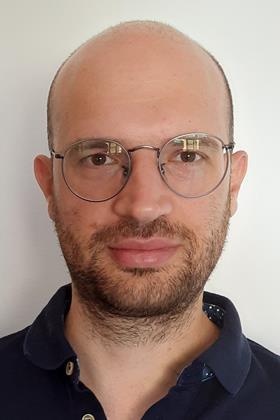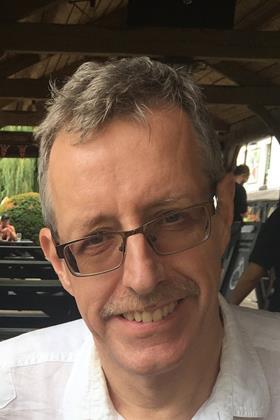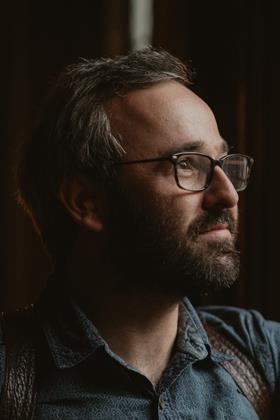[ad_1]
Our first ambitious trial involves a live production made simultaneously from several remote venues in Italy in such a way that viewers would perceive it as seamless. When we realise that this involves simultaneous jazz and dance performances, it becomes clear that low and stable delays will be essential, as will large bandwidths and reliable transmission. If this were not enough, the trial also offered immersive video via VR headsets. Find out how successfully the challenges were overcome. Next we move to London where an experimental 5G production took place at the coronation of King Charles III. Despite the potential of network congestion and spectral interference it was planned to provide 1080p mobile coverage over 1km as the royal procession moved from Buckingham Palace. 20 camera crews had access to over 1Gb/s of capacity. Hear the full story as the details of this remarkable trial are unveiled.
Speakers
Giulio Stante, R&D Engineer – RAI Radiotelevisione Italiana

Giulio Stante received his master’s degree in Telecommunications Engineering at the University of Parma in December 2015. Following this he worked as a Network Engineering Specialist for an Italian Internet Service Provider. His main tasks included project management and network solution design.
In September 2018, he joined RAI – Radiotelevisione Italiana Research Centre. Initially, his main research topic was Live TV production over IP, with a particular focus on the standard ST2110 and remote production. His main activities were related to the design and implementation of an IP-based laboratory testbed for the study and analysis of the compliancy of audio/video equipment with the ST2110 standard and the NMOS specification. Today he is engaged in the study of private 5G mobile networks to support TV production, through the research of new experimental use cases and the feasibility analysis of the technical solutions.
Mark Waddell, Lead R&D Engineer – BBC

Mark graduated in Electronic Engineering from the University of Lancaster and currently works as a Lead Engineer at BBC R&D, specialising in wireless technologies. He initially worked on RF receiver and digital FPGA design, but in recent years, he has increasingly focussed on wireless systems and networks for TV production.
He chairs the Programme Making and Special Events group at the Digital Television Group (DTG) and is the Rapporteur for two ETSI standardisation groups. He was involved in pioneering projects developing the first Digital Radio Cameras and diversity receivers at the BBC and has been working on 5G systems for programme making since 2020. His work includes research into streaming technologies, video encoding, RF systems, networks, cloud infrastructure and their deployment at the BBC.
Samuel Yoffe, Systems Engineer – Neutral Wireless

Sam received his undergraduate and PhD degrees in mathematical physics from the University of Edinburgh, before moving to the University of Strathclyde where he spent 10 years working on laser and plasma physics, and the development of next-generation particle accelerators. He is passionate about photography, filmmaking, and audio production.
Sam started engaging with the software-defined radio group at the University of Strathclyde in early 2021, working on low latency video encoding and transmission over 5G, before joining the team in October 2021. Since then, he has led many video-over-5G deployments working with international broadcasters and production companies, including the award-winning IBC2022 Accelerator project and the world’s largest pop-up standalone non-public network for media contributions at the Coronation of HM King Charles III. Sam is a research associate in the University of Strathclyde’s software-defined radio group (StrathSDR) and a Systems Engineer at the university spin-out company, Neutral Wireless Ltd. Sam specialises in private 5G networks and systems design to support and improve broadcast and media production workflows.
Moderator
Omar Naimut, Director of Science ICT – TNO
[ad_2]
Source link
